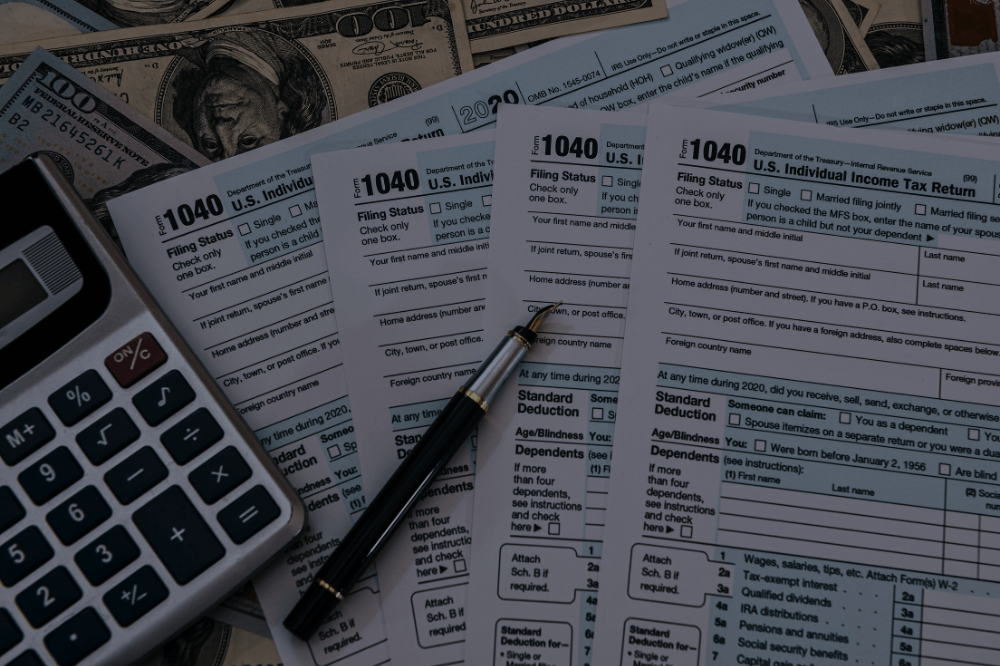After getting through your tax filing season, have you ever asked yourself how long you need to keep your old tax records for? We have the answer!
Just because you got done with tax filing, doesn’t mean you should toss your tax records in the recycling bin right away. In fact, is very important that you keep them. However, the question is: how long do I have to keep my tax records? And, that is what we are going to answer today!
So, without further ado, let’s explore what the IRS suggests and the different types of tax returns you should keep depending on what you might need them for. Also, if you want to check out more financial tips on our website, you can click on this link!
How Long Do I Need To Keep My Old Tax Records?
In most cases, the Internal Revenue Service (IRS) recommend keeping tax returns and supporting documents for at least three years following the date you filed your return or the due date, whichever is later. This aligns with the IRS’s general period of limitations for audits.
What Is The Period Of Limitations?
The period of limitations essentially dictates how long the IRS has to audit your tax return and assess additional taxes. Understanding this timeframe is crucial for determining how long to keep these records:
- Keep Them For 3 Years: if you file for a tax refund after submitting your initial return;
- 7 Years: if you claim a deduction for bad debt or worthless securities;
- 6 Years: in the case of unreported income exceeding 25% of your gross income reported on the return;
- Indefinitely: if you file a fraudulent tax return or neglect to file one altogether, the IRS can audit you anytime.
What Type of Tax Record Should You Keep?
- Income Documentation: this includes W-2 forms (reporting wages), 1099 forms (reporting income from freelancing, investments, etc.), and any other documents related;
- Deduction and Credit Receipts: keep receipts for charitable contributions, medical expenses you claimed, mortgage interest payments, and any other documentation related claimed on your return;
- Tax Returns Themselves: it’s wise to keep copies of your actual tax returns for your reference, even after the three-year window;
- Employment Tax Records: if you’re self-employed or own a business, hold onto records related to employment taxes for at least four years after the tax becomes due or is paid, whichever is later.
When To Keep Tax Records For Longer Than Seven Years
- Potential Future Tax Implications: Tax laws can change over time. Keeping your records for longer allows you to potentially amend past returns if new regulations become relevant to your situation;
- Identity Theft Protection: tax documents often contain sensitive personal information. Holding onto them for an extended period can be helpful if you become a victim of identity theft. Having proof of past income and tax filings can aid in resolving such issues;
- Investments With Long-Term Implications: if you hold onto investment; with long-term capital gains implications (like real estate), keeping related tax records for longer than seven years might be wise, especially if you plan to sell the asset in the future.
Tip: keep in mind that, the higher your income is and the more complicated your tax returns are, the longer you shpuld keep your records.

